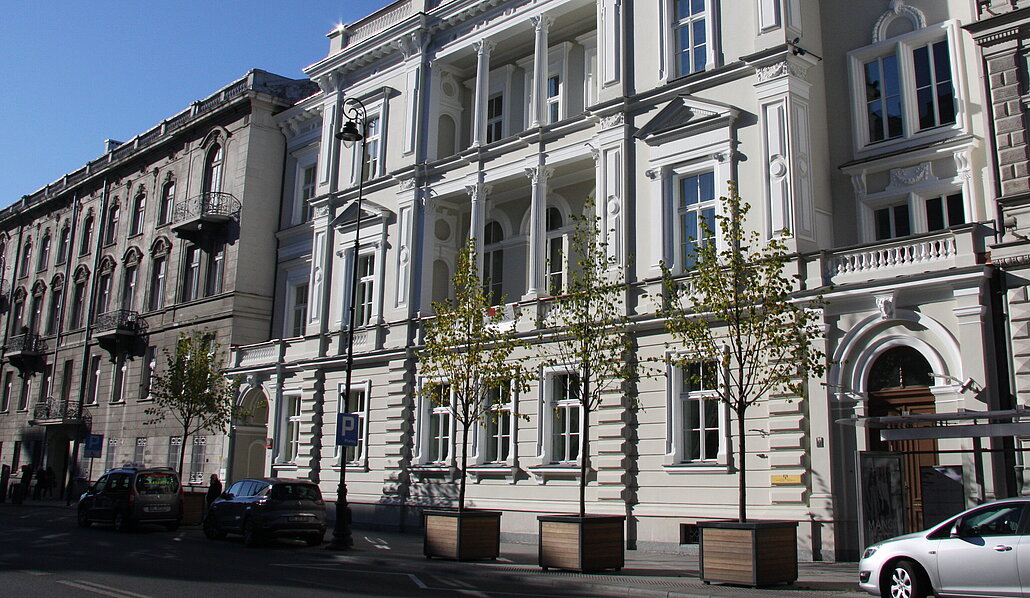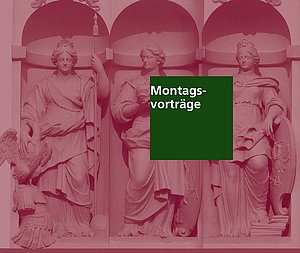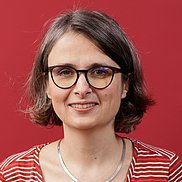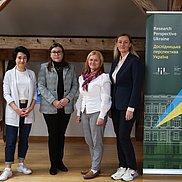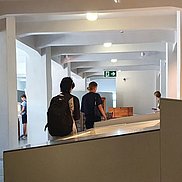How do we conceptualise and write a European history from the later 18th century to the early 2000s? That is not an easy question but indeed the main purpose of the book project “Modern Europe. A Transnational History, c.1760s-2000s” (co-authored with James Koranyi, Durham, and Jan Koura, Prague – Bloomsbury 2023). Since the 1990s and early 2000s, transnational and global perspectives are among the most innovative yet also challenging approaches in our discipline. And they remain disputed. This paper will focus on two aspects. First, it will introduce some of our key choices around structure, narrative, and periodisation in “Modern Europe”. One of our key ambitions is to engage with and reorient the still dominant narrative of a Europe divided into East and West. Second, and in order to illustrate this, the paper will zoom into a vignette-like case study that sets the first partition of Poland-Lithuania in transnational and global perspectives.
Bernhard Struck, Reader / Associate Professor, University of St Andrews (since 2006). Founding Director of the Institute for Transnational & Spatial History, St Andrews. PhD in History Technical University Berlin & Paris IV Sorbonne, 2003. Key interests: European History 18th and 19th century, the history of travel, spatial history, comparative and transnational history. Principal Investigator of the project: Esperanto & Internationalism, c.1880-1920s. Visiting Professor Charles University Prague 2020. Publications: Neither West – nor East. France and Poland in the Perception of Polish Travellers, Göttingen 2006; Shaping the Transnational Sphere. Experts, Networks, and Issues (c. 1850-1930), New York 2014 (ed. with Davide Rodogno and Jakob Vogel).
Moderator: Prof. Dr. Zenonas Norkus
In cooperation with the University of Vilnius und Lithuanian Institute of History
Location: University of Vilnius, Faculty of History, Room 211

